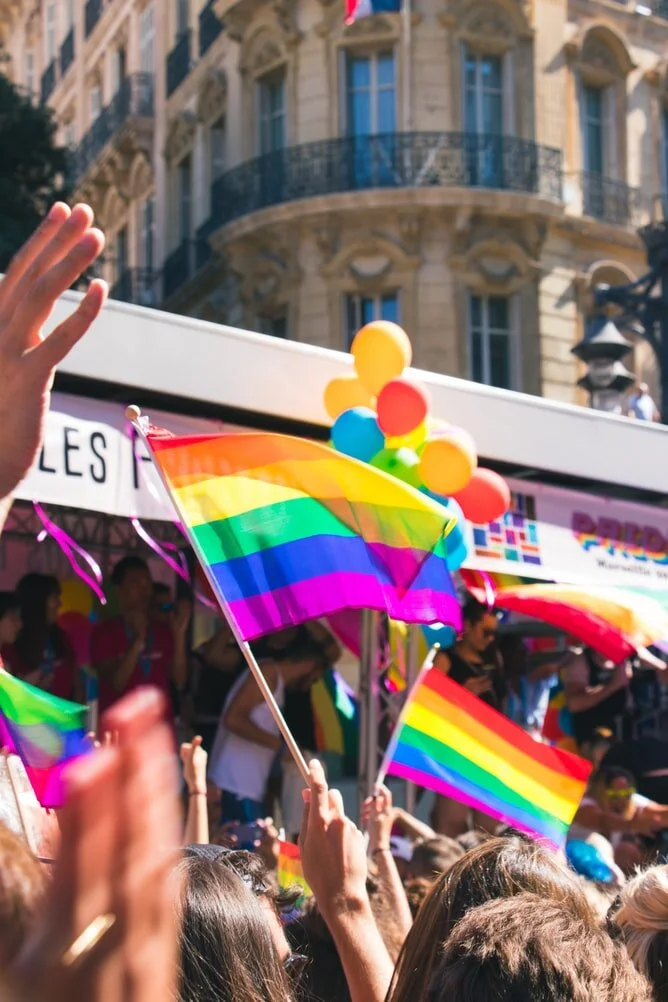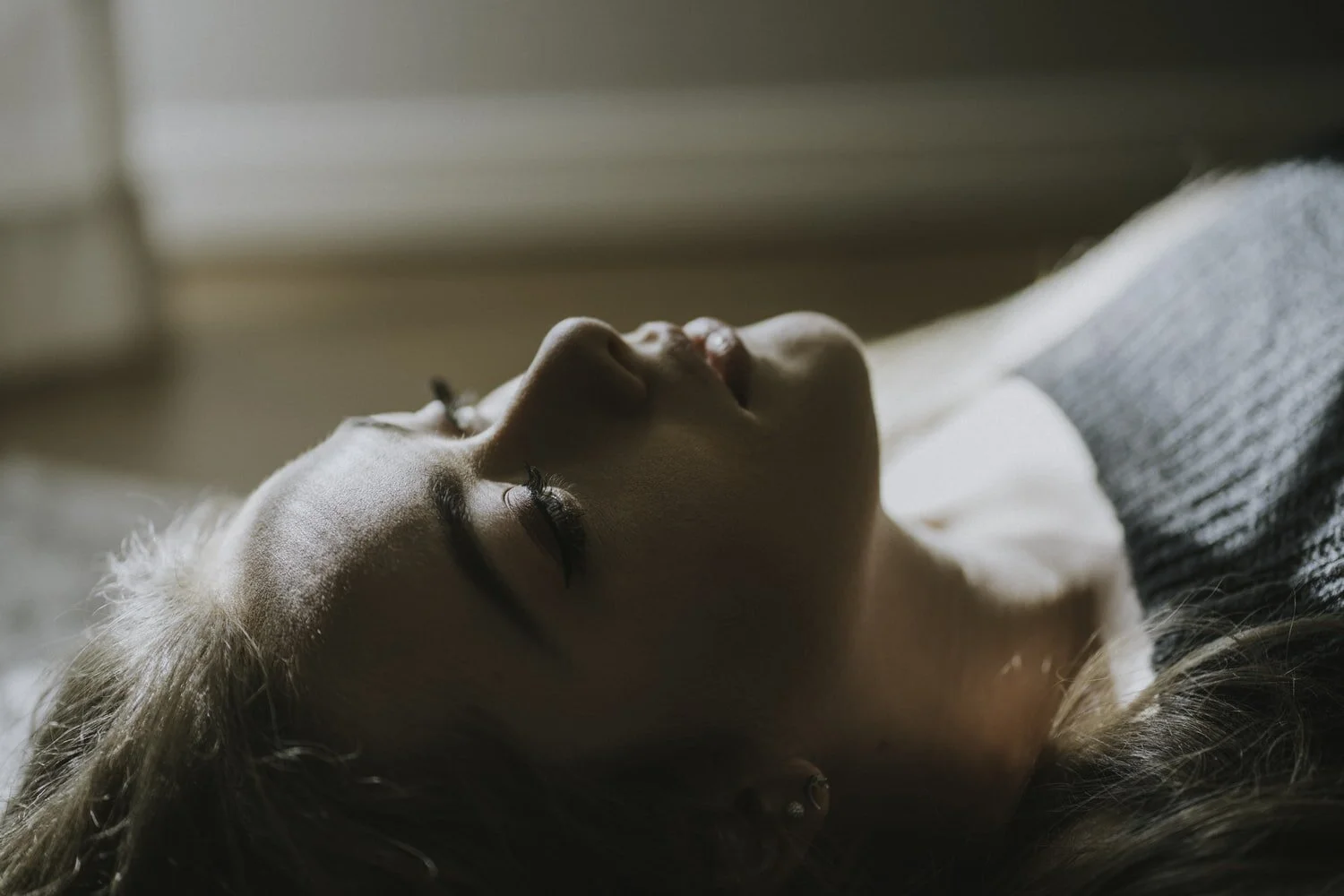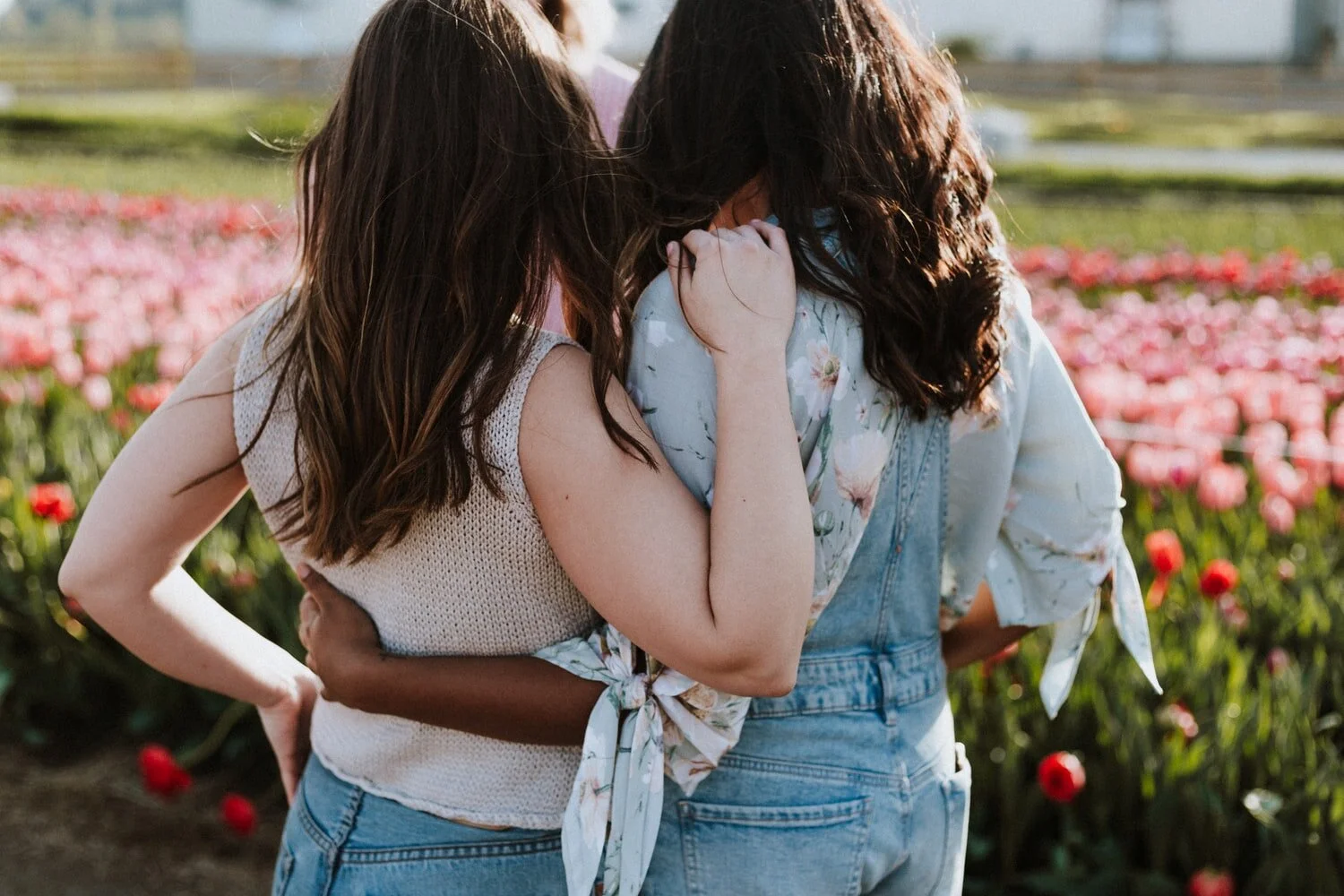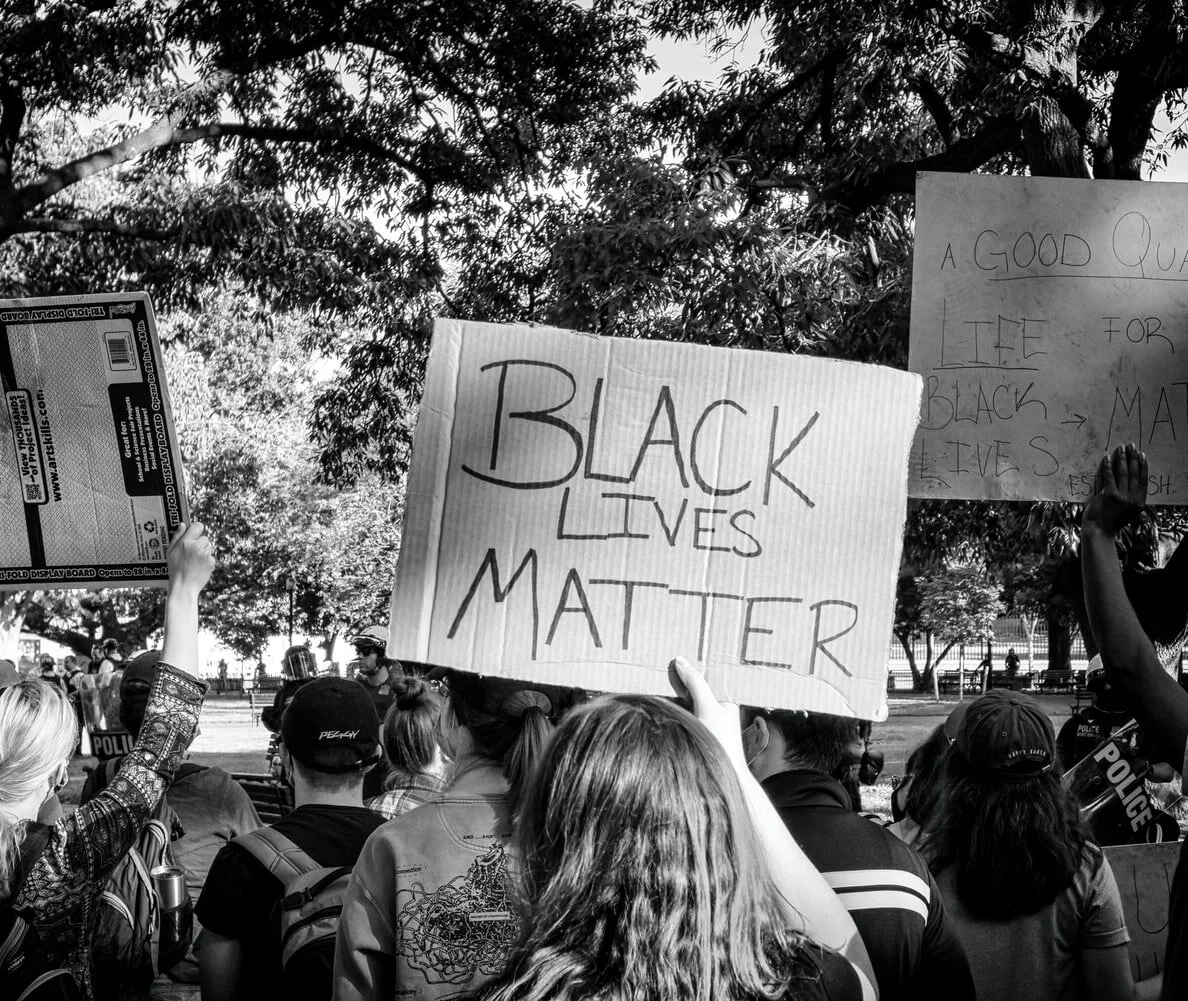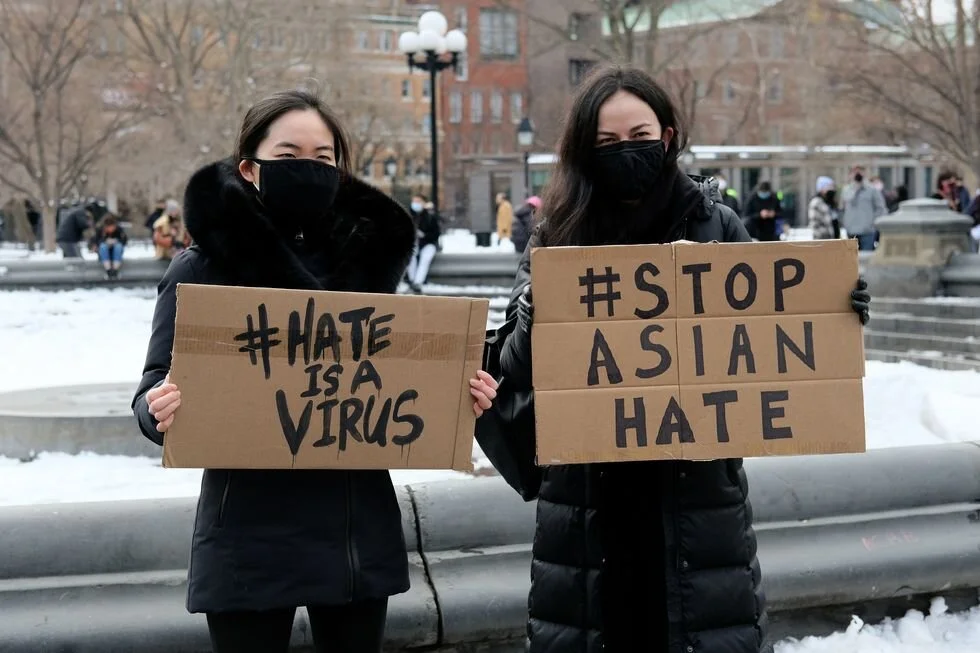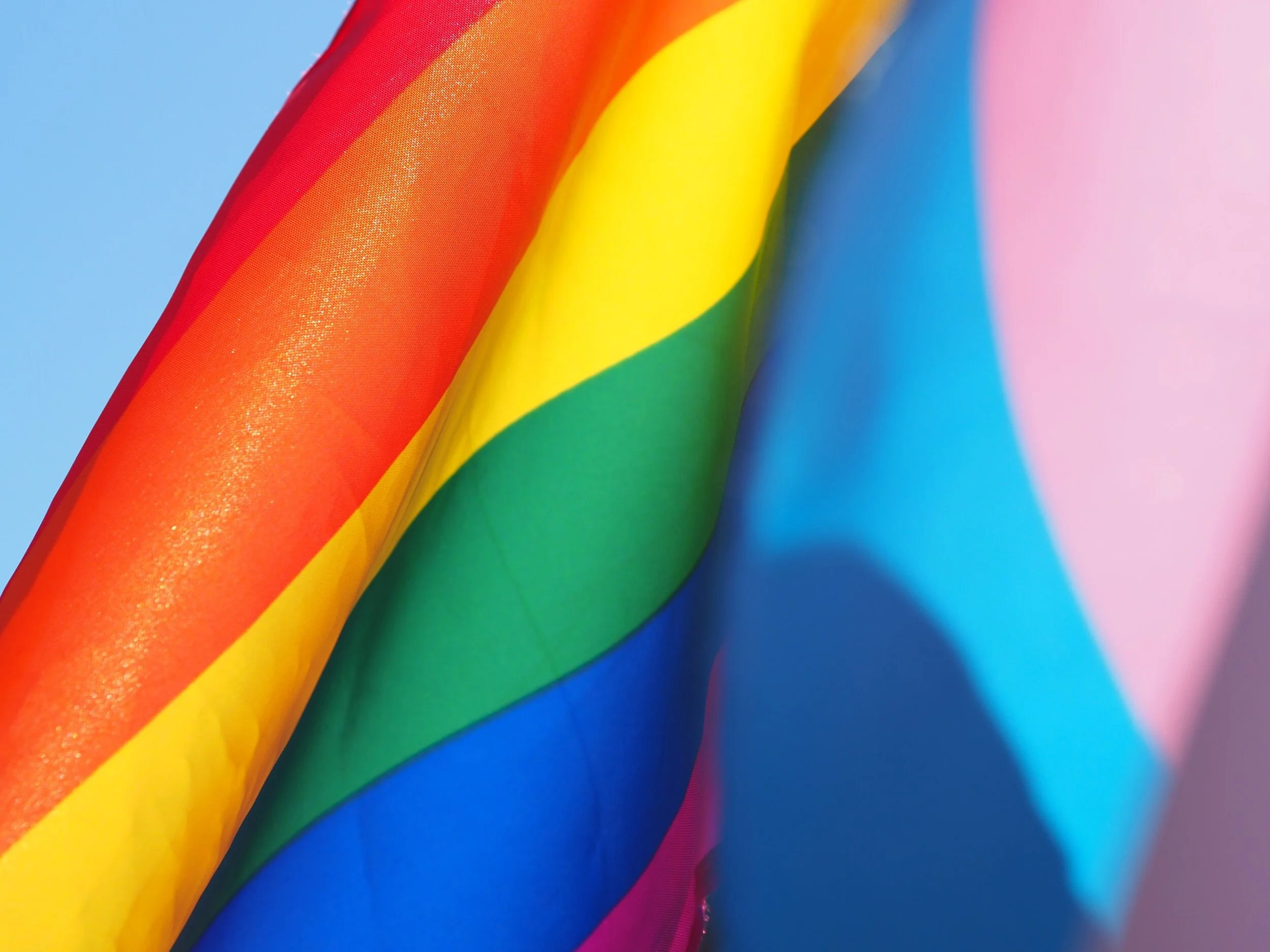Here's Why You Can't Truly Support Pride Without Supporting BLM
When we think of Pride, our minds immediately flit to brightly-coloured rainbows, flags, street parties, celebrating love, celebrating equality, celebrating all aspects of what it means to be queer. But Pride Month is more than the capitalist-fuelled rainbow coloured fanfare seen so commonly with brands – it’s a time to learn, thank, appreciate, and continue a commitment to the progression of LGBTQA+ rights and supporting, protecting and uplifting those communities. But what’s that got to do with Black Lives Matter?, some of you might ask. Well, Pride as we know it – bright, happy, fun – is only the way it is because of Stonewall and the lifelong work of trans women – including that of Marsha P. Johnson, a Black trans woman.
What was Stonewall?
The Stonewall Inn was a bar on Christopher Street, Greenwich Village in NYC, originally for gay men only. The Stonewall riots started on June 28 1969, after NYPD officers raided the bar and began arresting those in attendance. As people refused arrest, refused to show ID, police were shocked when the community began to fight back for the first time. It quickly became violent, with by-passers, customers who had managed to get out of the bar, customers from other bars on the street, joining the crowds and fighting against the police, throwing bottles and bricks, setting fires and overturning police cars. The Tactical Patrol Force were called in, pushing back against protesters. When the protest fired up again the next night, police were more prepared than the day before, with four precincts joining forces and the TPF stepping in once again. This time, crowds doubled, if not more. When the riots subsided, it sparked the start of the gay rights movement. Christopher Street Liberation Day was celebrated for the first time on June 28 1970, marking the first ever Gay Pride street celebration.
Who was Marsha P. Johnson?
Marsha P. Johnson was a prominent figure in the gay liberation movement, and a well-known personality in the gay scene of Greenwich Village. She was a Black trans woman (although identified as a “transvestite” as the term transgender was yet to be in use) and drag queen. Alongside her close friend, Sylvia Rivera – also a trans woman – Johnson was a frequent organiser of gay rights protests. Legend has it that Marsha P. Johnson threw the first brick at the Stonewall riots, although she later said she arrived at Stonewall Inn once the riots had begun (Rivera, however, was inside the bar when it was raided). Regardless, her known actions at Stonewall and work post-Stonewall is vital to the shape and progression of LGBTQA+ rights, and historians all agree that she played a large part in resisting against police during the uprising alongside Rivera. The pair went on to found S.T.A.R (Street Transvestite Action Revolutionaries) and Star House, a homeless shelter for LGBTQA+ youth in New York City. Despite being on the frontline of the movement from the very beginning, trans people including Johnson and Rivera were excluded and pushed to the back of the gay liberation movement, leading Rivera to a suicide attempt and subsequently leaving New York and activism in 1973 (before returning after Johnson’s death). Johnson continued campaigning, including alongside activist group ACT UP during the AIDS crisis in the 1980s. Marsha P. Johnson died in 1992, with police ruling her death a suicide whilst members of the community have fought to have her case reopened to investigate it as a homicide. Cause of death was changed to unexplained drowning. Even in death, she was – and remains – an icon and key figurehead that the LGBTQA+ community would not have been able to progress and be where it is now without.
Celebrating Pride but not celebrating the Black LGBTQA+ community, or not supporting the trans community means that you don’t actually believe in what the gay liberation movement really stands for at all. Trans-exclusive or anti-Black rhetorics within the community are not only damaging to the community itself for a multitude of reasons, but also dishonours the pioneers behind the gay liberation movement. The fight for LGBTQA+ rights wouldn’t have got anywhere near as close to where it is currently without the help and hard work of the trans community, or that of the Black LGBTQA+ community. So if you can’t support Black trans people, you can’t support Pride.
It’s very clear that Black lives matter – but with the murders of Tony McDade, Nina Pop and countless other Black trans people, it’s important to reiterate that trans lives matter. Black Trans Lives Matter. Trans people are the most excluded and least protected of the LGBTQA+ community, with trans women facing the most violence across the board, especially Black trans women. Ignoring that terrifying notion whilst supporting Black Lives Matter means that only some Black lives matter, as opposed to them all. Black trans people should not be outside of the community’s barrier of protection, nor should they be left behind in the Black Lives Matter movement. When we say Black Lives Matter, we mean ALL Black Lives Matter.
Pride may look different this year to the five decades before it, but it doesn’t mean its focus or meaning should shift. Much like the Black Lives Matter movement, the coronavirus pandemic has slowed the world down in such a way that more people have been able to listen, learn, and fight in this new, historic wave of civil rights. With the parades and parties of Pride no longer being able to take place, let’s hope that they same forced slowing down allows people to listen, learn and fight for those who paved the way for Pride in the very beginning.



